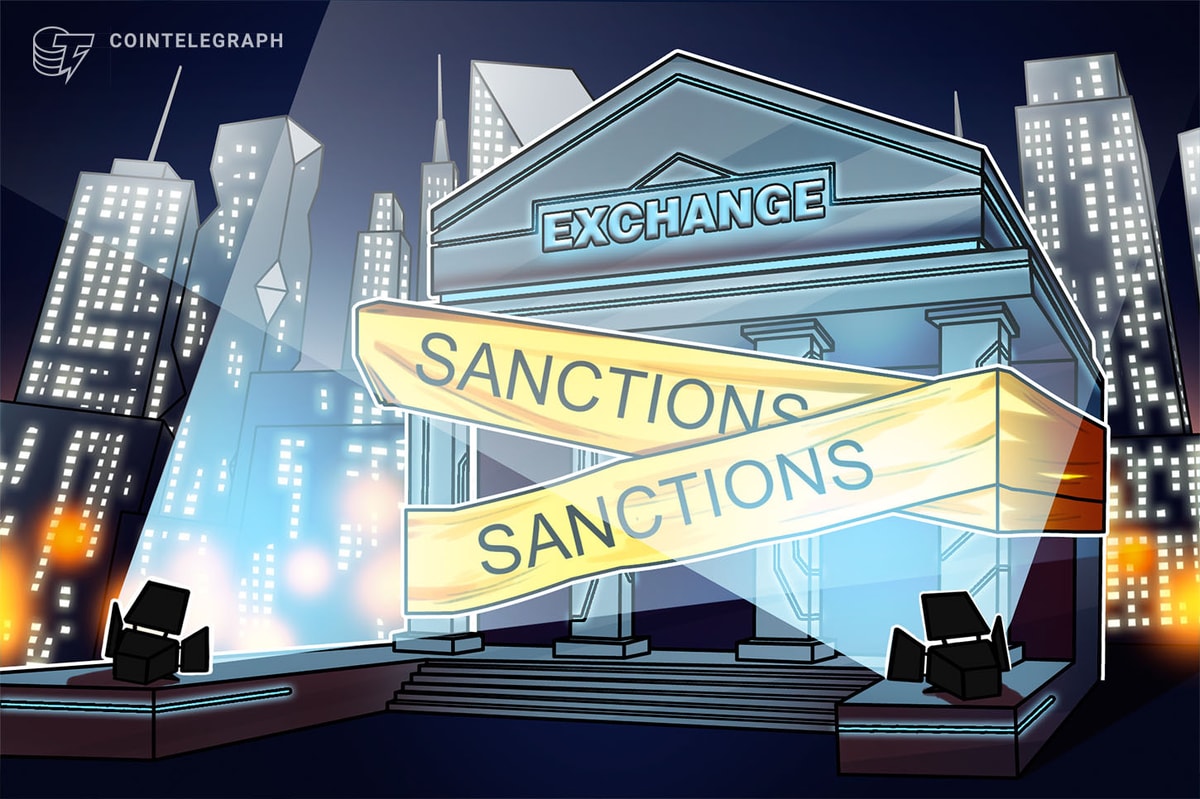The European Union has adopted its nineteenth sanctions package against Russia, imposing restrictions on cryptocurrency platforms for the primary time for the reason that start of the war in Ukraine.
The measures passed on Thursday ban Russia-based crypto payment providers and the distribution of related payment software across the bloc. The sanctions also goal Russian energy firms, banks and firms in China, Kyrgyzstan, Tajikistan, Hong Kong and the United Arab Emirates which are accused of helping Moscow circumvent previous restrictions.
“We have just adopted our nineteenth sanctions package,” said Kaja Kallas, the EU High Representative for Foreign Affairs and Security Policy. “It targets Russian energy, banks, crypto exchanges and firms in China, amongst others. The EU also regulates the movements of Russian diplomats to counter attempts at destabilization.”
Nineteenth sanctions package against Russia. Source: European Council
EU sanctions Russian ruble-backed stablecoin A7A5
According to the European Council, Russia is increasingly turning to digital assets to bypass financial sanctions.
“Recent activity has shown that Russia is increasingly using cryptocurrencies to bypass sanctions,” the council said on Thursday.
The package features a bloc-wide ban on the ruble-backed stablecoin A7A5, which EU authorities described as “a crucial tool for financing activities in support of the war of aggression.”
This included a ban on the stablecoin's Kyrgyz issuer and the operator of an unidentified digital asset platform that traded “significant amounts” of A7A5.
At least eight banks and oil traders from Tajikistan, Kyrgyzstan, Hong Kong and the United Arab Emirates are also subject to a transaction ban for evading EU sanctions.
The EU proposed blocking Russian crypto platforms on September 19, which was followed by discussions about banning the A7A5 stablecoin.
Russian oil firms have reportedly used cryptocurrencies resembling Bitcoin (BTC) and Tethers USDt (USDT) to evade sanctions, making tens of tens of millions of dollars in monthly payments, Reuters reported in March, citing anonymous sources.
In July, two Russian residents living in New York were charged with facilitating payments for sanctioned Russian firms.
Iurii Gugnin, also generally known as George Goognin and Iurii Mashukov, has been charged with 22 crimes, including laundering over $540 million through his crypto firms Evita Investments and Evita Pay.

